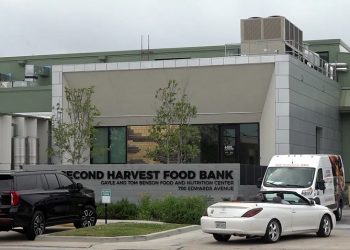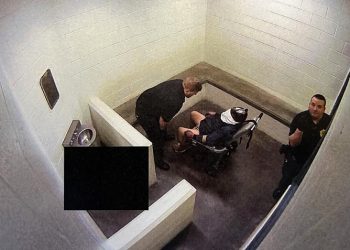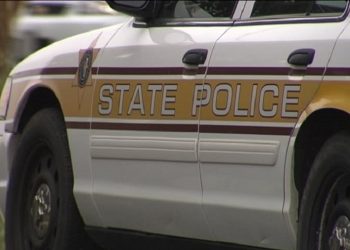KNOXVILLE, Tenn. — As the highly anticipated opening of the Knoxville Smokies’ new multi-million-dollar stadium approaches, a growing number of local business owners are raising alarms about a lack of parking in the area, which could significantly impact foot traffic and sales.
The stadium, located on the east side of James White Parkway, just outside the Old City, is expected to draw large crowds. However, for weeks, concerns have mounted over the adequacy of parking near the venue, particularly from those who live, work, and do business in the downtown area. One of the latest voices to express concern is Jim Klonaris, owner of the popular restaurant Kefi on E. Jackson Avenue.
“We are now realizing the challenges that are in front of us, and we’re trying to figure out a way to work through them,” Klonaris said. His business, which draws many customers from outside the city, is particularly vulnerable to parking shortages. “Unless there’s something we don’t know about or haven’t been told, we know we’re going to be having challenges.”
Klonaris pointed to the Jackson Avenue lot beneath James White Parkway, which has long served as a convenient parking spot for his customers. With that lot now reserved for season ticket holders of the Smokies, his customers will face increased competition for limited spaces.
“Everybody is nervous,” Klonaris added, echoing concerns shared by other nearby business owners.
The City of Knoxville, however, remains confident that parking will not be a major issue. City officials previously stated they believed there were sufficient parking spaces in the downtown area to accommodate the influx of visitors. To further alleviate potential congestion, the city has added parking options at two garages west of Market Square, along with a shuttle service to Covenant Health Park.
“We’ve spent hours working through this process,” said Chris Allen, president and COO of the Smokies, speaking from inside the stadium as preparations for opening day continued. Allen acknowledged the concerns of local businesses but emphasized that parking issues are common with downtown stadiums. He was optimistic that the situation would improve after the first few home games.
“It’s not going to be as big a problem as it seems today,” Allen stated confidently. “We’re going to have this first home stand, and we’re going to see how it works. We’ll make adjustments if we need to make changes.”
This willingness to adapt is a shift from earlier statements by city officials, who previously indicated that no in-season changes would be made to the parking situation.
For business owners like Klonaris, however, the situation remains worrisome. He expressed frustration that the city’s planning did not adequately account for the needs of existing businesses that rely on customers driving into the area. “Most of the restaurants down here are reliant on the drive-in crowd, and we’re going to be the ones who feel this the most,” Klonaris said. “It’s frustrating because we never anticipated this. Who would anticipate this?”
Despite his concerns, Klonaris made it clear that he fully supports the stadium project and Randy Boyd’s vision for Knoxville’s future. However, he stressed the importance of ensuring that the needs of established businesses are not overlooked in the rush to bring new developments to the area.
As the Smokies’ opening day approaches, it remains to be seen how parking will be managed and whether the city’s plans will adequately meet the needs of both stadium-goers and local businesses. What is certain, however, is that the issue will continue to be a point of contention for the foreseeable future.













